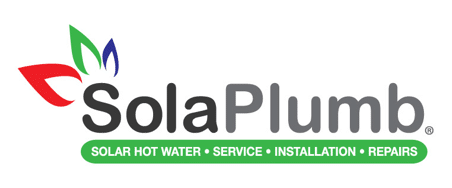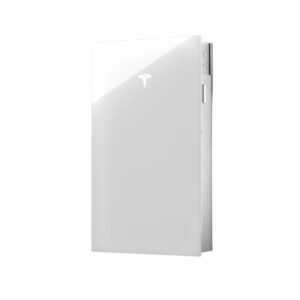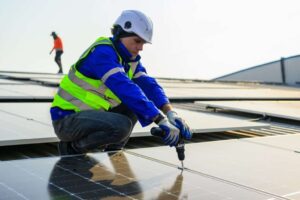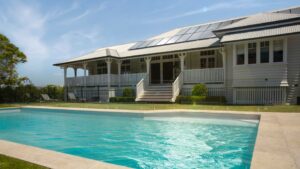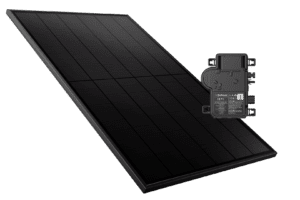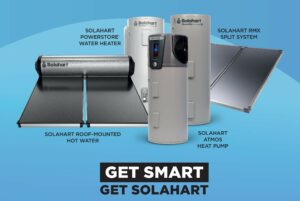Did you know that solar energy accounts for more than 3% of global electricity generation and is one of the fastest-growing sources of renewable power? As the world continues to transition towards cleaner and more sustainable energy sources, solar power systems are becoming increasingly popular. But harnessing the full potential of the sun’s energy requires more than just installing solar panels on your rooftop or property.
Proper maintenance is crucial to ensuring the longevity and efficiency of your solar power system. In this article, we will explore essential tips for maintaining your solar power system, keeping it in peak condition, and maximising the return on your investment.
1. Regular Cleaning of Solar Panels
Regular cleaning of solar panels is essential for maintaining their efficiency and maximising energy production. When dust, dirt, and debris accumulate on the surface of solar panels, their ability to absorb sunlight and convert it into electricity can be reduced by as much as 15-25%, depending on the level of buildup and location of the installation. In particularly dusty or polluted environments, this loss of efficiency can be even more significant.
To maintain optimal energy production, it’s important to consider the following factors when cleaning your solar panels:
- Frequency of cleaning: The ideal cleaning frequency depends on local climate, weather conditions, and the surrounding environment. Generally, cleaning your solar panels once every three to six months is a good starting point. However, more frequent cleaning may be necessary if your panels are exposed to heavy dust, pollen, or other debris.
- Cleaning methods: Use a soft brush, gentle soap or detergent, and water when cleaning your solar panels. Avoid abrasive materials or harsh chemicals that could damage the surface of the panels.
- Safety precautions: Solar panel cleaning can be a dangerous task, particularly if the panels are installed on a rooftop. Always prioritise safety by using appropriate fall protection equipment or hiring a professional cleaning service if you are not comfortable with heights or lack the necessary equipment.
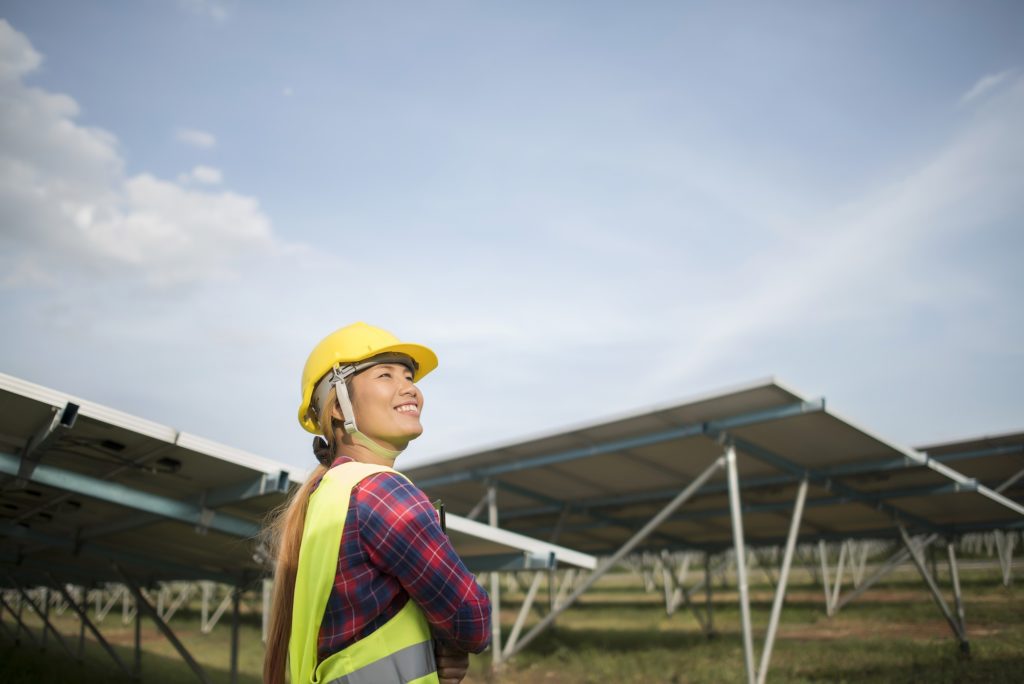
2. Inspecting and Maintaining Mounting Equipment
Inspecting and maintaining mounting equipment is essential for the stability and security of your solar panel system. Regular inspection and maintenance of the mounting hardware can help prevent potential issues and ensure that your solar panels remain firmly in place, reducing the risk of damage due to weather-related events or structural failure.
Be vigilant about signs of wear and tear in your mounting equipment, such as:
- Loose or missing bolts and screws
- Corroded or rusted components
- Cracks, bends, or other signs of damage in the mounting rails or brackets
- Sagging or uneven solar panels
Addressing these issues promptly can maintain the integrity of your solar panel system and prevent potential problems.
Here are some tips to ensure the stability and security of your mounting equipment:
- Regular inspections: Conduct a visual inspection of the mounting hardware every six months, scheduling more frequent inspections if your solar panel system is located in an area with extreme weather conditions or high levels of pollution.
- Tightening loose components: Tighten any loose bolts or screws securely without overtightening, which can cause damage to the mounting equipment or solar panels.
- Replacing damaged or corroded parts: Replace damaged or corroded components promptly, using high-quality, weather-resistant materials for replacements.
- Professional assessment: Schedule periodic assessments by a certified solar technician for a more in-depth evaluation of your mounting equipment and to receive recommendations for necessary repairs or replacements.
3. Monitoring and Optimising System Performance
Keeping a close eye on your solar power system’s performance is key to ensuring its efficiency and longevity. By regularly monitoring and optimising system performance, you can identify potential issues before they become serious problems, maximise energy production, and make informed decisions about upgrades or adjustments.
Don’t let your solar power system’s potential go to waste. Take action now to ensure that your investment continues to yield returns for years to come.
Consider the following when monitoring and optimising your solar power system:
- Importance of regular monitoring: Regular monitoring helps you track the energy production of your solar panels, identify any underperforming components, and detect potential issues before they escalate. A well-maintained system will operate more efficiently and generate more energy over its lifespan.
- Identifying and addressing underperforming components: Tracking your system’s performance allows you to pinpoint any underperforming components, such as individual solar panels or sections of the array. Once identified, you can troubleshoot and address the issue, whether it’s due to shading, debris, or a faulty component.
- Scheduling periodic professional assessments: In addition to your own monitoring efforts, schedule periodic professional assessments by a certified solar technician. These experts can provide a thorough evaluation of your system’s performance, recommend any necessary repairs, and suggest optimizations to further enhance efficiency.
4. Checking and Maintaining the Inverter
The inverter is a critical component of your solar power system, converting the direct current (DC) produced by your solar panels into alternating current (AC) that can be used by your home or business. Ensuring that your inverter is functioning efficiently and reliably is vital to maximising your solar power system’s energy production and overall performance.
Consider the following aspects when checking and maintaining your inverter:
- Recognizing the role of the inverter in solar energy production: The inverter is responsible for the crucial task of converting the energy generated by your solar panels into a usable form. A malfunctioning or underperforming inverter can lead to a significant reduction in your system’s energy production, making regular checks and maintenance essential.
- Common inverter issues and maintenance tips: Keep an eye out for common issues, such as error codes or warning messages displayed on the inverter screen, fluctuations in energy production, or unusual noises. If you encounter any of these issues, consult your inverter’s user manual or contact a certified solar technician for assistance. Regularly clean and dust the inverter to prevent overheating, and ensure that it is properly ventilated to maintain optimal operating conditions.
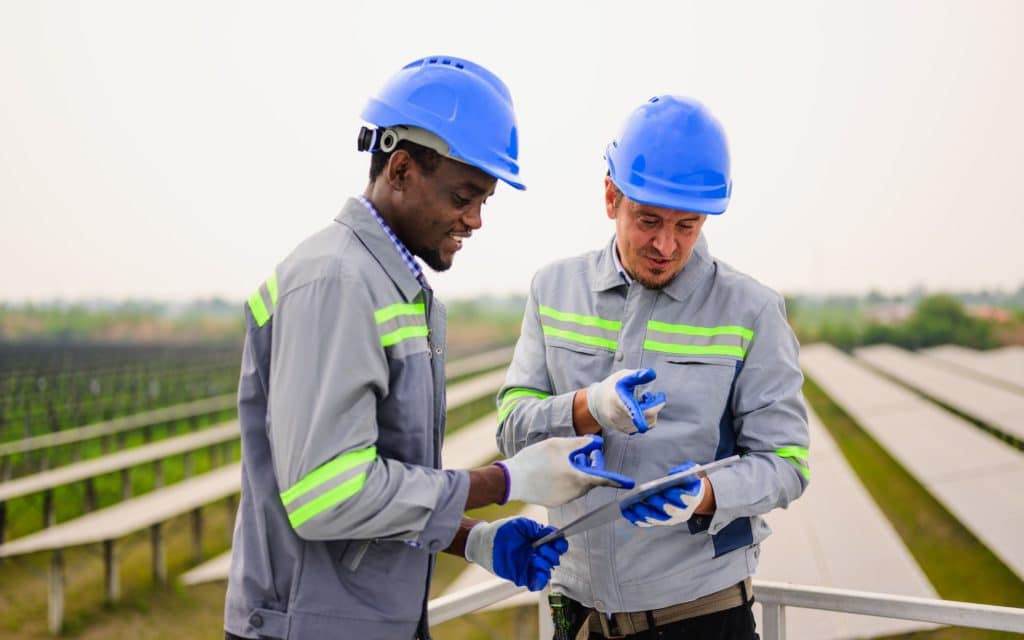
5. Proper Maintenance of Batteries (for off-grid or hybrid systems)
Did you know that well-maintained batteries can last up to 15 years or more in off-grid and hybrid solar power systems? Battery maintenance is an essential aspect of ensuring the reliability and longevity of your solar power system, as the batteries store the energy generated by your solar panels for use when the sun isn’t shining.
The health of your batteries directly impacts the overall performance of your off-grid or hybrid solar power system. Properly maintained batteries can store and deliver energy more efficiently, ensuring that you have a reliable source of electricity even during periods of low solar production.
To keep your batteries in top condition, follow these best practices:
1. Regularly check the electrolyte levels in flooded lead-acid batteries and top them off with distilled water when necessary.
2. Inspect battery terminals for signs of corrosion and clean them with a wire brush or battery terminal cleaner if needed.
3. Keep batteries clean and free of dust and debris to prevent short circuits and ensure proper ventilation.
4. Monitor battery voltage and charge levels to prevent overcharging or deep discharging, which can shorten the battery’s lifespan.
5. Follow the manufacturer’s recommended replacement schedule and replace ageing batteries with new, high-quality units to maintain optimal system performance.
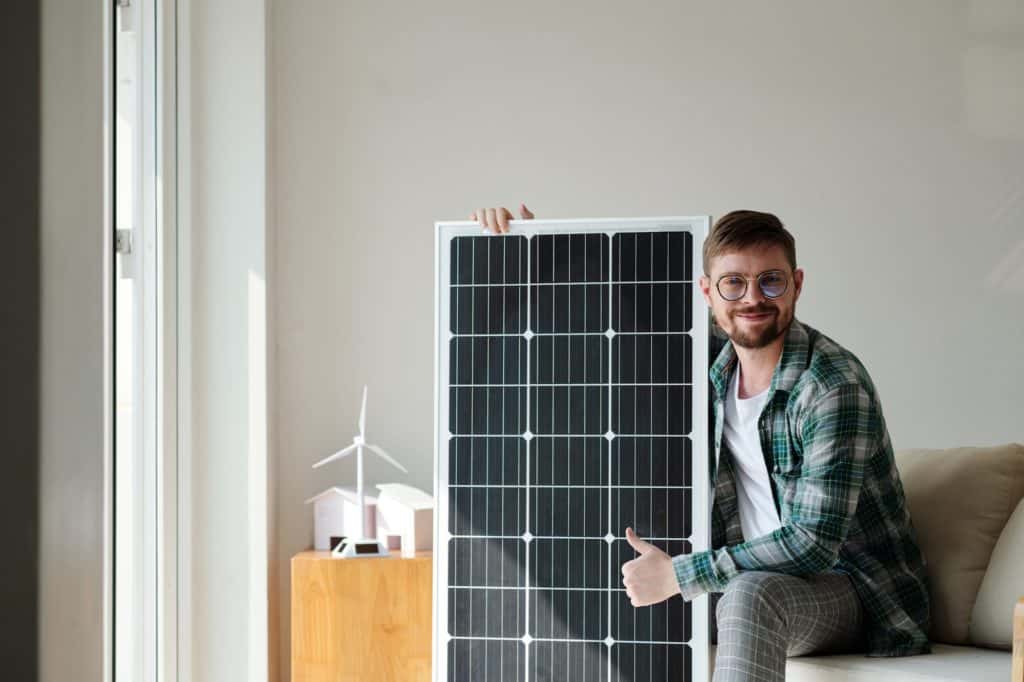
Conclusion
Imagine waking up to a bright, sunny morning and knowing that your home is being powered by clean, renewable energy harnessed directly from the sun. This vision can become a reality with a well-maintained solar power system. By following the proper maintenance tips we’ve outlined, you can ensure the longevity and efficiency of your solar panels, inverter, batteries, and mounting equipment, while enjoying the benefits of sustainable energy and cost savings.
Don’t let your solar power system’s potential go to waste. Take action now to ensure that your investment continues to yield returns for years to come. If you need assistance in maintaining, optimising, or assessing your solar power system, don’t hesitate to contact Solaplumb. Our team of experienced and certified solar technicians is dedicated to helping you maximise the performance of your solar power system, providing you with reliable, clean energy for your home or business. Reach out to Solaplumb today and take the first step towards a greener, more sustainable future.
